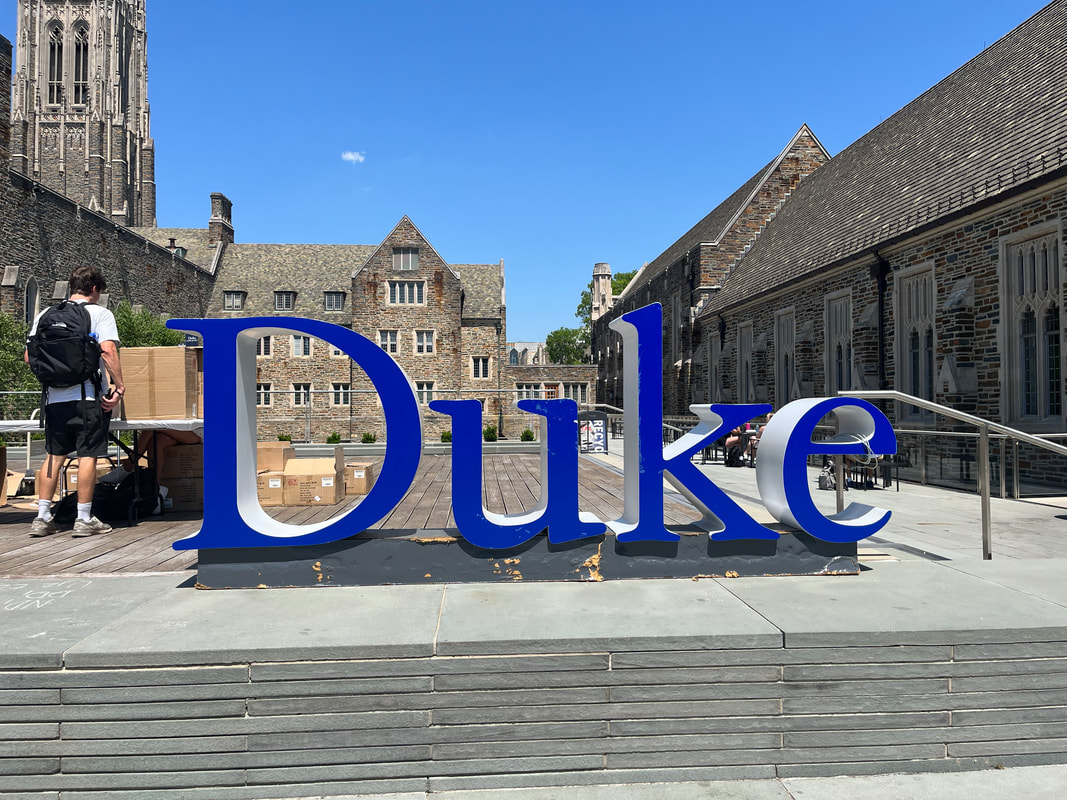|
Duke is no longer giving essays and standardized testing scores numerical ratings in the undergraduate admissions process.
The change went into place this year, Dean of Undergraduate Admissions Christoph Guttentag wrote in an email to The Chronicle. He explained that essays are no longer receiving a score because of a rise in the use of generative artificial intelligence and college admissions consultants. When asked about how the admissions office determines if an essay is AI-generated or written by consultants and if applicants are hurt if the office determines so, Guttentag answered that "there aren't simple answers to these questions." Despite the changes, Guttentag wrote that essays and standardized testing scores are still considered in the admissions process. “Essays are very much part of our understanding of the applicant, we’re just no longer assuming that the essay is an accurate reflection of the student’s actual writing ability,” he wrote. “Standardized tests (SAT or ACT) are considered when they’re submitted as part of the application.” According to Guttentag, essays will now be used to “help understand the applicant as an individual rather, not just as a set of attributes and accomplishments.” He also wrote that the admissions office now values essays that give “insight into who the unique person is whose application we’re reading” and that “content and insight matter more than style.” “Because of that they are not given a numerical rating, but considered as we think holistically about a candidate as a potential member of the Duke community,” he wrote. Previously, the Duke admissions office would assign numerical ratings of one to five on six different categories: curriculum strength, academics, recommendations, essays, extracurriculars and test scores. Applicants would then receive a total score out of 30 by adding up each category’s numerical rating. According to Guttentag, the only categories given numerical ratings now are the four categories that remain: “the strength of a student’s curriculum, their grades in academic courses, their extracurricular activities and the letters of recommendation.”
0 Comments
|
Masland Educational Consulting
|



 RSS Feed
RSS Feed
